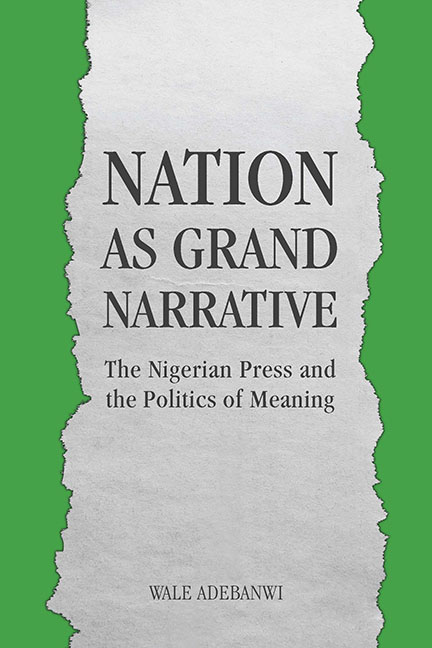Book contents
- Frontmatter
- Dedication
- Contents
- List of Illustrations
- Acknowledgments
- Part I Contextual and Conceptual Perspectives
- Part II Colonial Agency and Counterhegemonic Struggles
- Part III Inclusion, Exclusion, and Democratic Contestations
- Part VI Domination and Resistance in Majority-Minority Relations
- 8 Narratives, Territoriality, and Majority-Minority Ethnic Violence
- 9 Narratives, Oil, and the Spatial Politics of Marginal Identities
- Conclusion: Beyond Grand Narratives
- Notes
- Bibliography
- Index
8 - Narratives, Territoriality, and Majority-Minority Ethnic Violence
from Part VI - Domination and Resistance in Majority-Minority Relations
Published online by Cambridge University Press: 16 February 2018
- Frontmatter
- Dedication
- Contents
- List of Illustrations
- Acknowledgments
- Part I Contextual and Conceptual Perspectives
- Part II Colonial Agency and Counterhegemonic Struggles
- Part III Inclusion, Exclusion, and Democratic Contestations
- Part VI Domination and Resistance in Majority-Minority Relations
- 8 Narratives, Territoriality, and Majority-Minority Ethnic Violence
- 9 Narratives, Oil, and the Spatial Politics of Marginal Identities
- Conclusion: Beyond Grand Narratives
- Notes
- Bibliography
- Index
Summary
As for politics … space, like identity, is contingent, differentiated, and relational, and … it thus makes little sense to conceive of any space as stabilized, fixed, and therefore outside of the possibility of counter-hegemony. In this view, all space-identity formations are imbued with oppositional potential. And thus a practical task of politics is to activate this potential through denaturalization, exposure, and contestation so as to achieve new appropriation and articulation of space and identity.
—J. P. Jones and P. MossIn this chapter, I concentrate on how the symbolic manifestation of territoriality is used to structure other manifestations. I describe this symbolic manifestation as discursive territoriality, one in which the media become resources “through which power is exercised to produce—or disrupt—systemic regularity.” Discursive territoriality is a dimension of spatial politics, one in which the material and emotional dimensions of space are harnessed in the narratives and discourses of power, which then align particular people firmly, and sometimes also exclusively, to particular territories and privilege their claims to the material benefits of—and emotional attachment to—such spaces.
Discursive territoriality emphasizes and amplifies the uniting or divisive potentials of space and boundaries. In the process of amplifying particular forms of sameness and difference, discursive territoriality helps turn the material power of space, which exists as resources for human survival, into “our” resources necessary for “our” survival. Contrary or competing claims to these spaces and resources are, therefore, narrated as attempts tonegate “us” in extreme cases, they are seen as attempts toexterminate “us.” Discursive territoriality involves the struggle over meaning enmeshed with the struggle over material resources, one in which—as Valentin Volosinov points out in his notion of “semiotic struggle”—it is hoped that changing the structure of meaning could lead to a change in specific human interactions, social organization, and the distribution of resources. Discursive territoriality focuses on the representational apparatuses of space, investing them with meaning. As a reflection of power and space and spatial power, it helps in constituting and deploring meanings and reflecting them in the modulation of actual territorial contests. Such meaning can even be shared across time and space, beyond the particular territory in contention— as the case examined below shows.
- Type
- Chapter
- Information
- Nation as Grand NarrativeThe Nigerian Press and the Politics of Meaning, pp. 227 - 257Publisher: Boydell & BrewerPrint publication year: 2016

